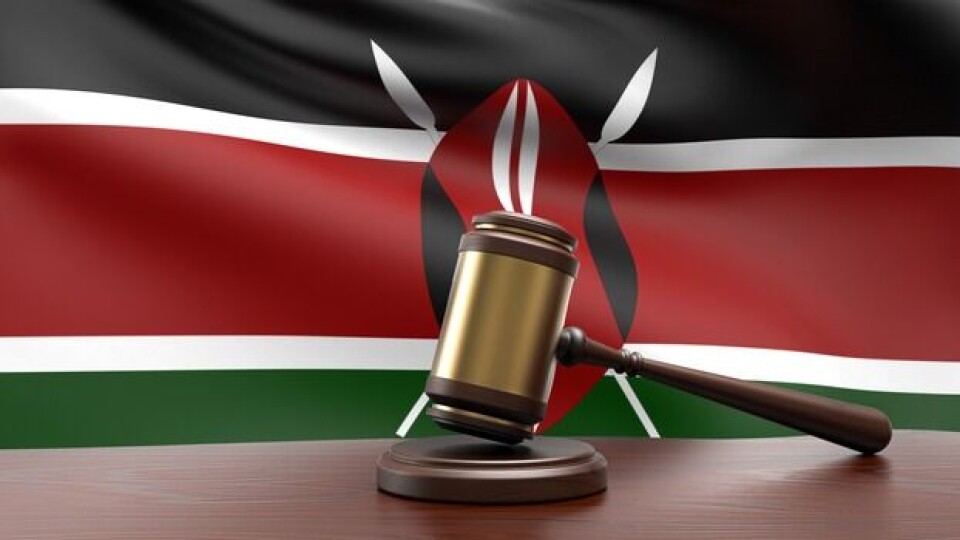The judgement by justices Philomena Mwilu, Mohamed Ibrahim, Smokin Wanjala, Njoki Ndungu and Isaac Lenaola saved Scottish firm James Finlay Limited from a scrutiny of working conditions in its tea plantations after seven former employees sued the company over work-related injuries.
“Decisions by foreign courts and tribunals are not automatically recognised or enforceable in Kenya. They must be examined by courts in Kenya to gain recognition. Kenya as a sovereign state cannot allow officers of a foreign state to carry out in its territory such decisions without authorisation,” the judges declared.
In 2018, the ex-employees – Elly Ingang’a, Lucas Omoke, Vitalis Muga, Rebecca Nyakondo, Joyce Ochoi, Christopher Chuma and Masela Idinga – instituted the case against the company at All-Scotland Sheriff Personal Injury Court in Edinburgh. They accused the company of breach of duty for failing to provide a safe working environment in their various tea estates and factories in Kenya.
The Scottish court subsequently issued locus inspections orders for a site visit of the company’s tea estates and factories to inspect the alleged poor working conditions. This was due to assess tea picking procedures, the amount of work undertaken by employees as well as the availability of personal protective equipment and medical facilities available to workers.
However, the Supreme Court declared that the Scottish court’s appointed experts and examiners cannot enter the country to execute the locus inspection orders without authorisation since that would violate the principle of sovereignty enshrined in Kenya’s Constitution.
“Sovereignty and principle of territoriality prevents foreign judgements from having direct operation in other countries. The effect of this principle is that no judgement of a court of one country can be executed proprio vigore (of or by its own force independently) in another country,” they ruled.
According to the judges, allowing universal recognition and enforcement of foreign decisions would mean that foreign courts are superior to local courts, thereby infringing on the country’s sovereignty.
They added that recognition of foreign judgements may result in enforcement of decisions that go against public policies where citizens are left without protection in respect to arbitrary measures taken against them in foreign countries.
The court ruled that there is a procedure to be followed when a foreign court issues orders geared towards discovery of evidence, and that the appropriate method is through the issuance of commission rogatoire or letters of request to the High Court in Kenya seeking assistance.
“The same procedure of foreign courts seeking judicial assistance in Kenya for examination of witnesses is the same procedure to be followed for carrying out local investigations which is through the issuance of letters of request to the High Court in Kenya seeking assistance,” ruled the court.
They stated that only after the request is made will the Kenyan authorities examine the decision by the foreign court to determine if it adheres to the Constitution and laws of the country, and then they will decide whether to allow it to be enforced.
To join Africa Legal's mailing list please click here

